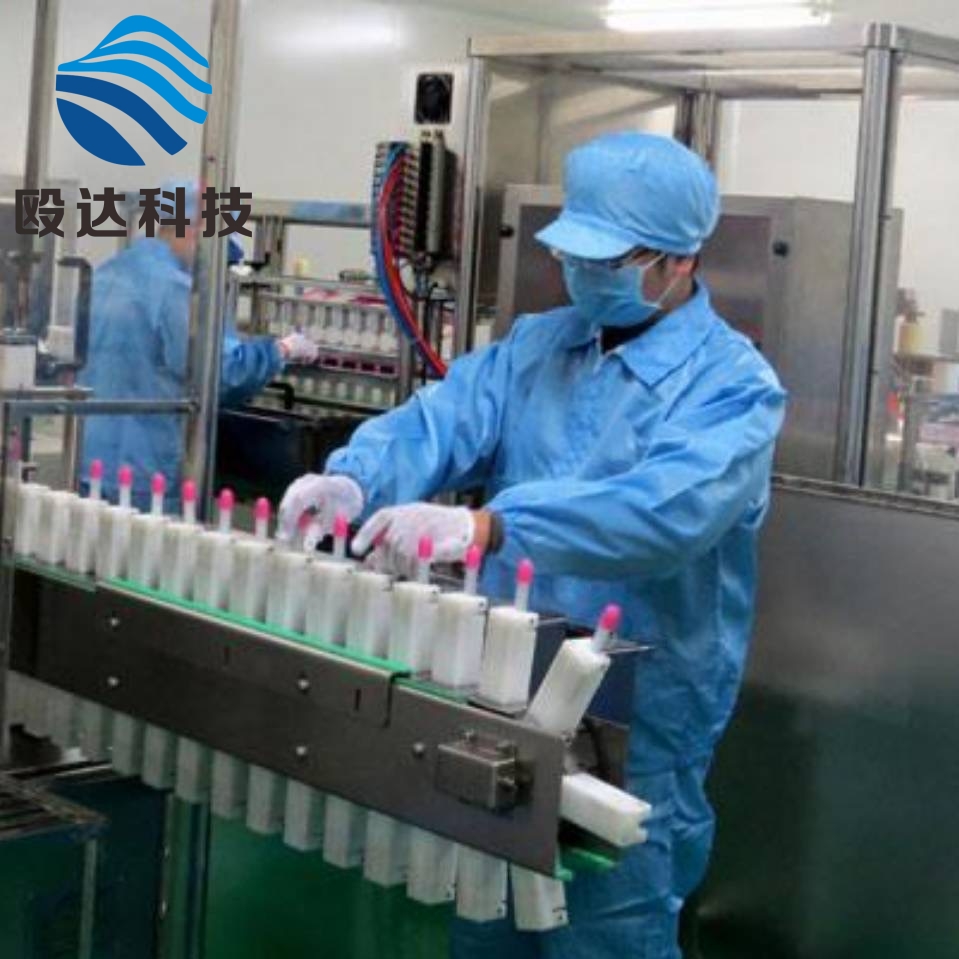-
Categories
-
Pharmaceutical Intermediates
-
Active Pharmaceutical Ingredients
-
Food Additives
- Industrial Coatings
- Agrochemicals
- Dyes and Pigments
- Surfactant
- Flavors and Fragrances
- Chemical Reagents
- Catalyst and Auxiliary
- Natural Products
- Inorganic Chemistry
-
Organic Chemistry
-
Biochemical Engineering
- Analytical Chemistry
- Cosmetic Ingredient
-
Pharmaceutical Intermediates
Promotion
ECHEMI Mall
Wholesale
Weekly Price
Exhibition
News
-
Trade Service
Scientists at the Wellcome Sanger Institute at the University of Cambridge, the University of Cambridge and the KEMRI Wellcome Trust Research Programme have revealed for the first time the secrets of how blood variants of the Dantu gene can help fight malaria.
team found that human red blood cells with this rare Dantu blood type have higher surface stress, which can help them resist plasmodium falciparum invasion, the study was published in the september 16 issue of the journal Nature.
DOI: 10.1038/s41586-020-2726-6 Because the surface tension of human red blood cells increases with age, scientists may be able to design drugs that mimic this natural process to prevent malaria infection or reduce its severity.
remains a major global health problem, killing an estimated 435,000 people each year, 61 per cent of them under the age of five.
plasmodium falciparum is the deadliest form of malaria, particularly in Africa, where it accounted for 99.7 per cent of malaria cases and 93 per cent of global malaria deaths in 2017.
2017, researchers found that this rare Dantu blood type, which is found only in parts of East Africa, is partly protective of severe malaria.
, published last week, further explores why Dantu blood cells fight abuse.
the red blood cell samples in the study came from 42 healthy children in Kilfi, Kenya, who had copies of the Dantu gene 1, 2 or 0.
researchers used a variety of tools, including a time-lapse video microscope, to observe the parasite's ability to invade cells to determine specific steps for red blood cell damage.
analysis of the characteristics of red blood cell samples showed that the blood cells with TheAnt mutation had higher surface stress.
at a certain level, the malaria parasites are no longer able to enter the cells, thus halting their life cycle and preventing them from multiplying in the blood.
Silvia Kariuki, of the KEMRI Wellcome Trust research project in Kenya, said: "The malaria parasite uses a special 'key lock' mechanism to invade human red blood cells, but the answer is much more fundamental.
timing, the Dantu mutation slightly increased the stress on the surface of the red blood cells.
it's like a parasite holding the key to a lock, but the door gets too heavy to open.
"Dantu blood type" red blood cell surface expresses a new "embedded" protein and changes the balance of other surface proteins.
in the town of Kilfi, off the coast of Kenya, 10 per cent of the population has a copy of the Dantu gene, which provides up to 40 per cent malaria protection.
1 per cent of the population has two copies, providing up to 70 per cent malaria protection.
, the best malaria vaccine currently provides only 35 per cent protection.
of the study's most important significance, according to researchers, is that the surface stress of human red blood cells can gradually increase over their life span of about 90 days.
means that some of our red blood cells are naturally resistant to malaria parasite infections and have the potential to develop drugs that take advantage of this process.
, of the University of Cambridge, said: "The Dantu mutation is very important for research into malaria prevention.
red blood cell membrane only needs to be a little more intense than usual to stop the malaria parasite from entering.
developing a drug that simulates this 'stress' may be a simple and effective way to prevent or treat malaria.
, of course, this requires an increase in cellular stress without unintended consequences.
"







